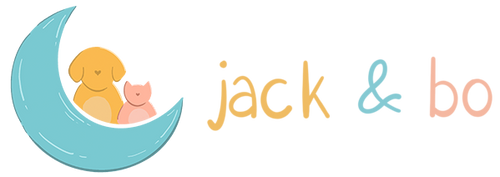
How Do Pregnancy And Birth Change Your Body?
How Do Pregnancy And Birth Change Your Body?
We’ve all heard stories about all the different ways that having a baby affects your body. A lot of them are misconceptions, though. The good news is that it’s not all bad! Here are some of the ways that having children affects your health..
1. Your Weight
You’ll probably weigh more after having kids, which is why it may be worth keeping some of your maternity outfits, at least for the first couple of months postpartum.
That said, having a baby doesn’t itself make you gain weight. While most women gain weight after having kids, the extra pounds come from age rather than pregnancy.
Women without children gain 6-13 pounds over a period of 5 years, whereas those who had a first child put on 10-19 pounds over the same period. The average adult woman gains about 8-10 pounds over 10 years. Only 3 of those pounds are because of pregnancy.
2. Vaginal Changes
Your vagina will also change because of pregnancy. While the vagina contracts down to almost its original size after you give birth, it will likely become permanently wider due to the pelvic floor muscles in the area getting stretched out.
3. Your Periods
If you had menstrual cramps before becoming pregnant, they will either vanish or diminish after pregnancy. Experts believe this is because of one of two reasons: the uterus getting stretched out or because pregnancy reduces the number of receptor sites for prostaglandins, the chemicals that trigger cramps.
4. Your Bladder
Labor and delivery will increase your chances of having incontinence or reduced bladder control. This is because it weakens your pelvic muscles, including the muscles that control the urethral sphincter.
The good news is that most women regain their bladder control within a year or less. However, for some, incontinence is an ongoing problem that causes tiny amounts of urine to leak under activities such as sneezing or laughing. Kegel exercises have been shown to help with this.
5. Your Breasts
Your breasts will initially become larger because the dormant fat tissue is replaced by functional tissue in preparation for breastfeeding. When you stop breastfeeding, this process is reversed. If you become pregnant again, the process is repeated.
It is also common for breasts to sag after pregnancy. This is because breast skin gets stretched and then fails to return to its previous tightness.
6. Your Hair
During pregnancy, your hair may become denser and lusher. This is attributed to higher levels of estrogen that result in less hair shedding and thicker tresses.
After pregnancy, you may experience some hair loss. However, this is temporary and will only last for about 12-18 months.
7. Your skin
Stretch marks form as a result of skin stretching too far or too quickly. They will fade over time, but they won’t completely disappear.
Some areas of your skin may also darken during pregnancy. Some women develop melasma or the “mask of pregnancy.” This is where you get brown patches on your cheeks and upper lip.
Another skin change is the linea nigra. It is a dark, vertical line that runs over the bump to the pubic hair region.
8. Your Feet
After delivery, your feet may become permanently wider, longer, and flatter. This is probably due to a combination of the hormone relaxin that relaxes ligaments in the feet and ankles, and the extra weight that you gain.
9. Varicose Veins And Hemorrhoids
You may get varicose veins- swollen, sore, and bluish veins- on your legs and vulva. If they occur on the rectum, they are called hemorrhoids.
This happens because the expanding uterus exerts pressure and disrupts blood flow to and from your lower body. Additionally, your weaker blood vessel lining can also lead to these conditions.
Hemorrhoids and varicose veins usually go away within 6-12 months after delivery. You can prevent them by avoiding sitting with your legs crossed for long periods, exercising, eating fiber-rich foods, and drinking lots of water.
10. Your Hips
The hips are the main storage sites for lactation-supporting fat. This is why it is common for them to widen after pregnancy.
Final Thoughts
Pregnancy and childbirth bring with them lots of changes to your body. The good news is that a lot of them will go away soon after your baby is gone. There are also a couple of good ones like less painful periods and wider hips (hello!) that are for keeps!
